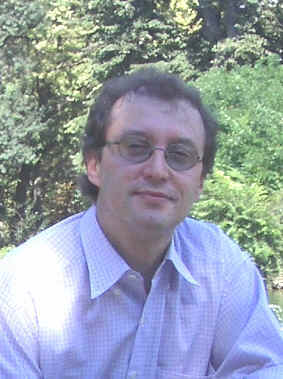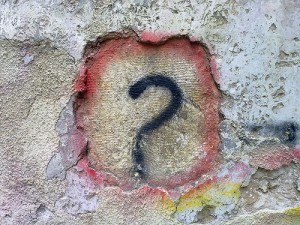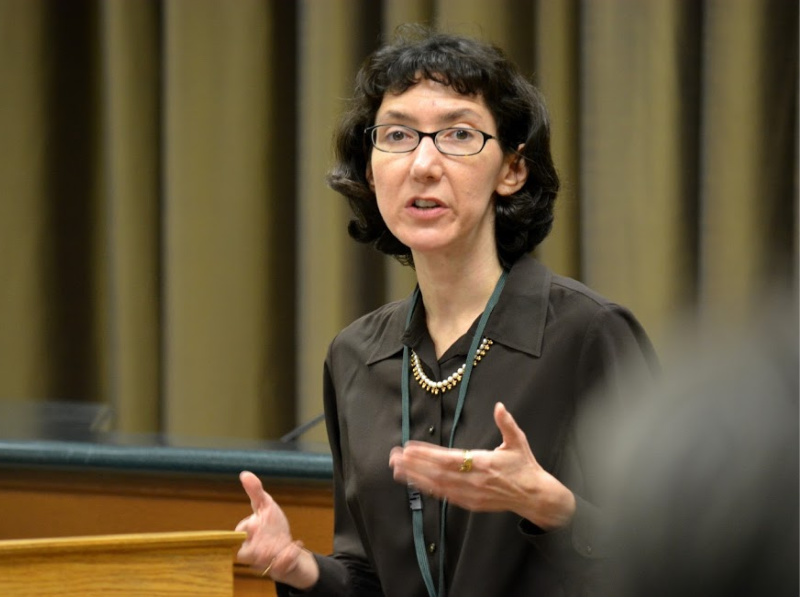Earlier this week, a scientist in Russia posted, on Facebook, part of a letter rejecting a manuscript explaining that “the editors of the Journal of Molecular Structure made a decision to ban the manuscripts submitted from Russian institutions.” That move was confirmed by Richard van Noorden of Nature.
Here, in an email he sent to us on Monday when we contacted him but which he learned just today had bounced back, Rui Fausto, the editor in chief of the journal, explains the decision.
First of all, let me say, because there is some misunderstanding circulating in some social media regarding the issue you asked me for information, that the editors of the Journal of Molecular Structure did not decide to implement any sort of ban to articles submitted by Russian authors. This would be something I, or my colleagues, could never accept. Our Russian colleagues, as all our colleagues from all around the world, deserve us maximum respect.
However, it was decided by the editors of the journal to not consider manuscripts authored by scientists working at Russian Institutions, in result of the humanitarian implications emerging from the invasion of Ukraine by the Russian Federation. This position is temporary and shall apply until the refugees (whoever they are, Ukrainians, Russians, or of any other nationality) have conditions to return to their homes, their jobs, and join their families.
Continue reading Journal editor explains ban on manuscripts from Russian institutions








